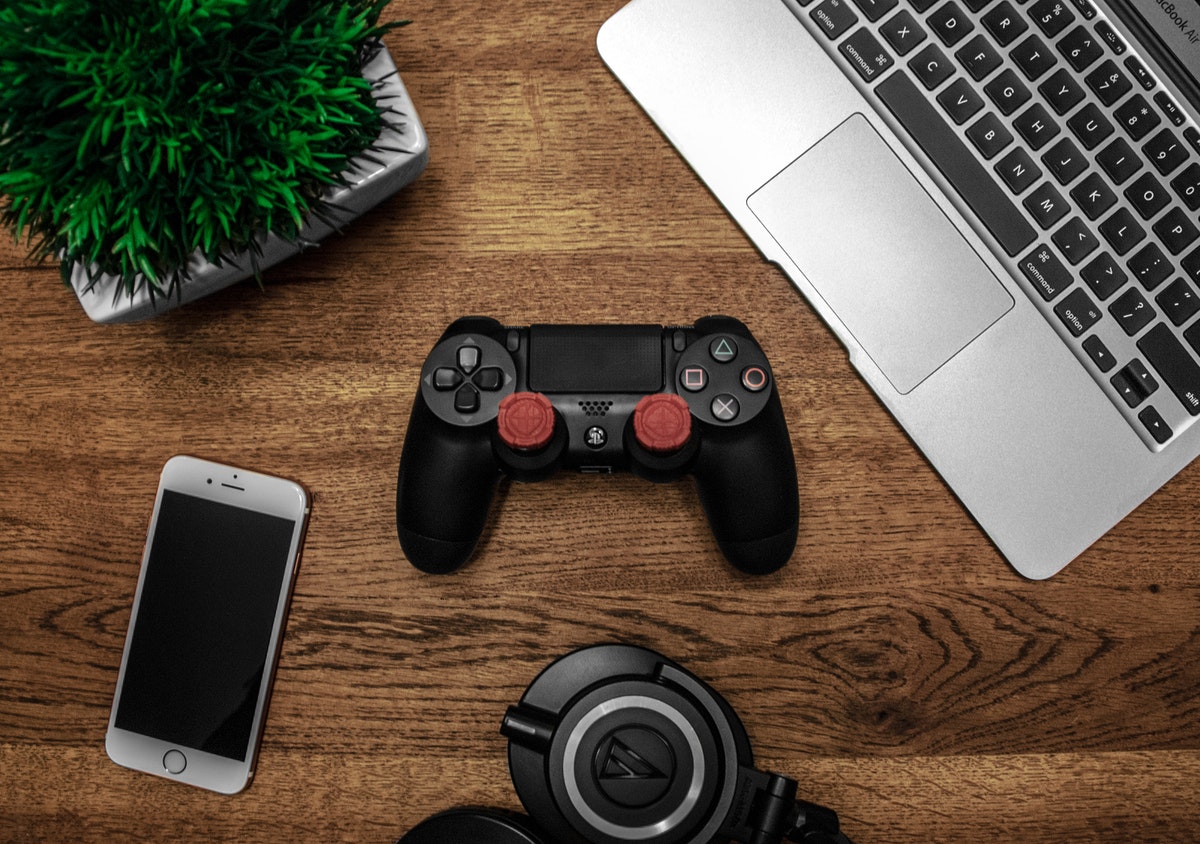If you want to enjoy your laptop and use it not just for work, whether you build a laptop or buy one, do not go below these bare minimums.
GPU
A graphics processing unit (GPU) is the first thing you should look at when planning to build or buy a gaming laptop. It is the one responsible for the quality of graphics you have on your screen.
Most of the games you will be playing on your unit are dependent on these GPUs. If you have a desktop set-up, you can replace your existing GPU and upgrade it to a better one.
A laptop, however, is not as flexible as it comes with a built-in GPU. To ensure that you can still use your laptop at high settings for years to come, we recommend the following GPUs:
VR and Highest Settings – RTX 2070, RTX 2080, RTX 2090 Ti
- Entry-Level Gaming – GTX 1650, GTX 1660 Ti
- Mainstream Gaming – GeForce RTX 2060
CPU
A computer’s central processing unit, or CPU, is the one that does all the processing of all the workload and calculations your machine does. A laptop’s CPU is irreplaceable and not upgradable so you have to choose your unit wisely.
Most games depend heavily on GPUs rather than CPUs so, at the very least, you can get by with an Intel Core i5. We recommend looking for an i7-6700HQ, or better yet, an i9 if you’re hardcore.
RAM
Playing video games can put a lot of stress on a computer’s random access memory, or RAM. While 8GB of RAM is enough for regular day-to-day tasks such as word processors, spreadsheets, and surfing, it might not cut it when it comes to gaming.
A 16GB RAM should be installed in your unit if you want to get better performance from your laptop. Some laptops don’t have provision for RAM upgrades while others do. If your budget limits you, for the time being, you can get by on an 8GB RAM but consider expanding it to 16GB eventually.
Storage
Between an HDD and an SSD, which one should you choose? While most budget gaming laptops come with 1TB HDD, plenty of gaming notebooks come with a small SSD, normally 256GB for faster load times and game installs.
Display

Do not forget that the right display contributes a whole lot to the overall video gaming experience. While most people are fixated on the heavy-duty hardware, not many people give the visual display a lot of thought.
For your gaming laptop, here are the specs we recommend:
- Size – 15-inches
- Resolution – 1920 x 1080 dpi
- Refresh Rate – 1080p 60Hz
Avoid touch screen laptops. While not exactly a bad thing, they consume more battery life and make your laptop’s display glossy.
Keyboard
Choosing the right keyboard goes beyond just the chiclet keys and the backlight. Here are the two main things you should consider:
- Travel (vertical travel of a key when pressed down) – at least 1.5mm, best is 2mm
- Actuation (amount of force applied on the key) – 65 to 70 grams
On top of these two, you should also look into the macro keys, the anti-ghosting and n-key rollover, and the backlighting.
Battery Life
If you want optimum performance from your gaming laptop, you will want to keep it plugged at all times. Otherwise, its portability will affect your game and limit it to one hour’s worth of gaming, that is if you’re lucky enough.
We hope that you found this simple guide helpful as you take a step closer to getting the gaming laptop you’ve always wanted.

